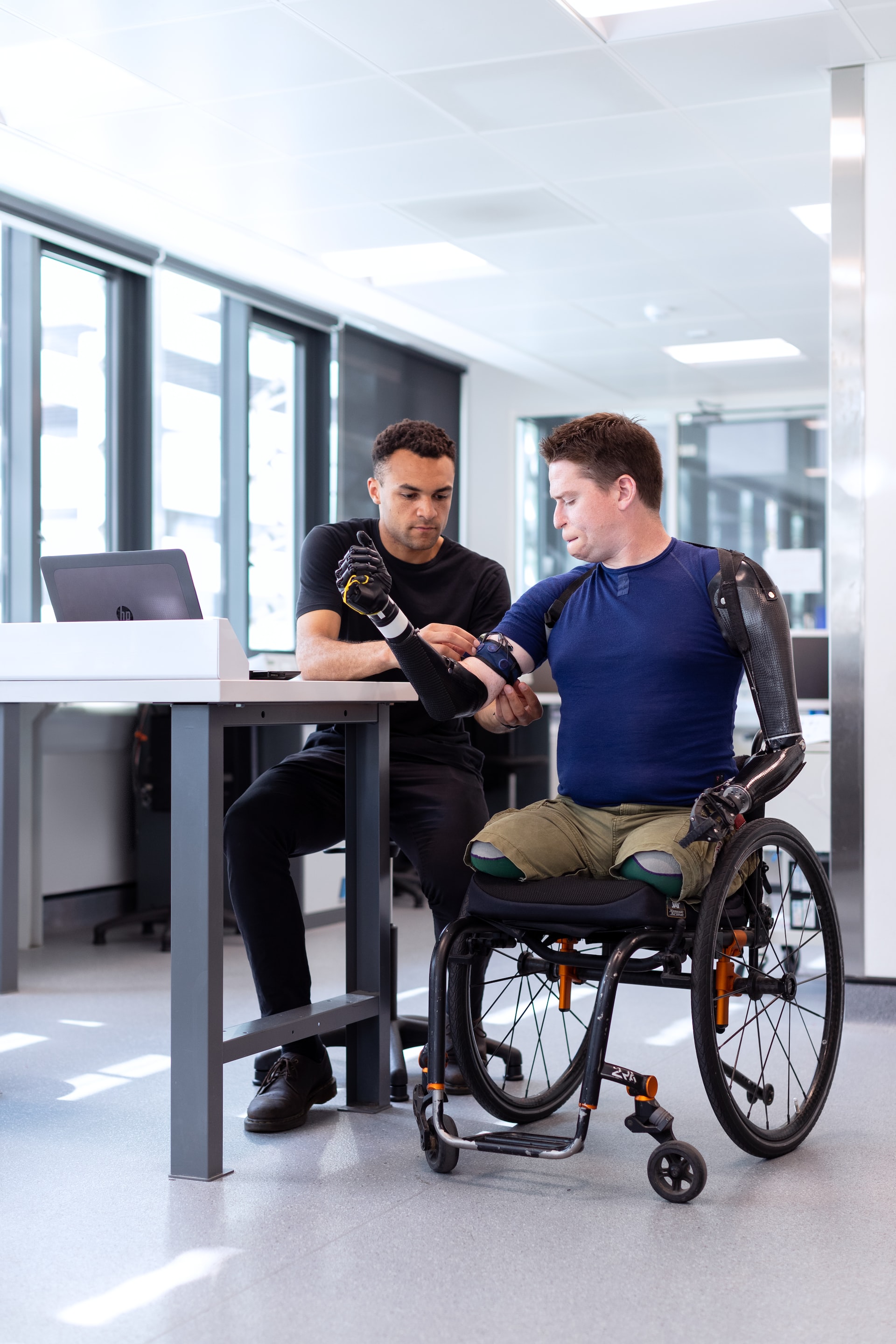The Role Of Technology In Medicine
Healthcare is being transformed by a wide range of digital technologies, and technology in medicine is here to stay. There are already a lot of new ideas and solutions, and all of them have made healthcare much better.
Author:Daniel BarrettOct 28, 20228 Shares767 Views

Healthcare is being transformed by a wide range of digital technologies, and technology in medicineis here to stay. There are already a lot of new ideas and solutions, and all of them have made healthcare much better.
Technology In Medicine
With the use of amazing new technologies, numerous medical concerns, including congestive heart failure, diabetes, medication noncompliance, and even isolating stress, are investigated and resolved. Here are some topics that researchers are focusing on:
Heart Attack Diagnostic
Heart failure is one of the most frequent and expensive diagnoses, with a mortality rate that is more comparable to cancer. It has three different kinds of sensors that are used for testing: a wristband, a necklace, and a watch.
This type of diagnostic provides clinicians and patients with ongoing knowledge about how a damaged heart is performing.
3D Printing
The potential of 3D printing in medicine is being studied. The Los Angeles Medical Center of Kaiser Permanente, for instance, has mastered the use of 3D printers to reproduce multidimensional replicas of patients' problematic internal organs. Surgeons can manipulate the models and practice a variety of possible operation reproductions before performing the actual surgery.
As an alternative, 3D printingcan be utilized to replicate human organs or bones. This technological advancement has an impact on prosthetics as well.
Big Data
Especially in the healthcare sector, data is everything. It includes everything from reviewing diagnostic data to compiling patient medical records. Healthcare facilities must store an excessive amount of data.
The Jeopardy champion from 2011 is still being utilized, according to IBM research teams, to aid doctors in providing more precise diagnoses and treatment recommendations.
Speeding Up Experiments
The Ebola outbreak has demonstrated that hastened medical experimentation and research are feasible. The World Health Organization(WHO) feared the adverse repercussions of a global pandemic, leading to an increase in immunization research efforts.
The chimp adenovirus, which is "closely related to a human variant that causes upper respiratory tract infections," is one of the cutting-edge techniques that scientists are now employing.
Mobile Applications
Nowadays, there are apps for everything. This is especially accurate for the healthcare industry. Technology is being used in novel ways by doctors and patients to track individual health.
Nowadays, it is possible to follow daily sleep habits, measure calories, look for treatment alternatives, and even monitor heart rate.
Remote Observation
The development of remote monitoring technology in recent years has been one of the most beneficial and practical. Patients can use the systems at the convenience of their own homes to cut down on the time and expense of frequent doctor appointments.
Without the patient having to travel to the hospital, doctors can evaluate a patient's data remotely using a small device intended to measure a specific health concern. Patients using pacemakers have benefited greatly from remote monitoring tools.
Better Communication
It is crucial to be able to contact doctors via electronic devices due to their busy schedules and limited free time.
This point has been the focus of recent technological advancements, which aim to strengthen the relationship between patients and doctors (and vice versa).
By giving users a secure environment to communicate, a new social network is seeking to improve doctor-patient connections.
MRNA Technology
Recently, mRNA technology has gained attention because it is a component of the new COVID-19 vaccinations. MRNA vaccines provide an alternative to the conventional vaccine strategy because of their high effectiveness, capacity for rapid development, and potential for low production costs.
A single-stranded RNA molecule called messenger ribonucleic acid, or mRNA, transports the genetic information that is obtained from DNA. mRNA vaccines function by giving cells the genetic information they need to build viral proteins, which the body can then use to mount an immunological defense.
The COVID-19 mRNA vaccines' effectiveness has greatly accelerated efforts to create more mRNA vaccines for diseases ranging from cancer to the Zika virus.
It is believed that mRNA's promise goes beyond vaccinations. Since almost any protein may be encoded by mRNA, the same fundamental technology might also enable the development of a wide range of treatments by inducing a drug-like reaction in the body.
Numerous protein-based medications, such as antibodies produced outside the body, have proven to be highly effective but also quite costly.
Making the human body responsible for producing protein could therefore shorten development times and costs by using mRNAtechnology.
People Also Ask
Why Is Technology Important For Medicine?
By making new devices (like MRIs), medicines, and therapies that save lives and make it more likely that many patients will get better, science and technology in healthcare have made patient care much better and more reliable in most cases.
What Are Four Types Of Medical Technology?
- Telehealth.
- Robotic Surgery.
- Artificial Intelligence.
Is Medicine An Example Of Technology?
Drugs are technology, that much is certain. Therefore, medical technology can be seen in action in the multitude of prescriptions that individuals take each day.
Conclusion
These new applications of technical innovations have the potential to break down barriers in the healthcare sector, and as a result, they are now a valuable asset in many people's investment portfolios. with a view to bringing you the styles that will dominate in the foreseeable future.

Daniel Barrett
Author
Latest Articles
Popular Articles
